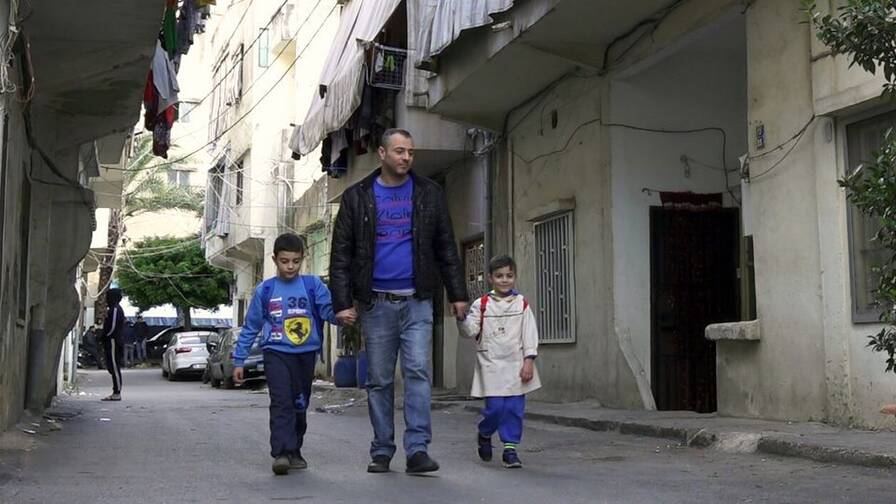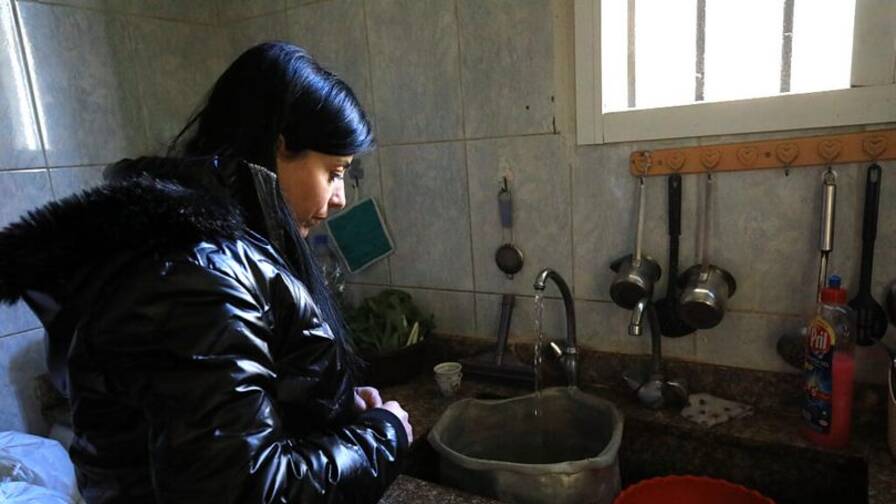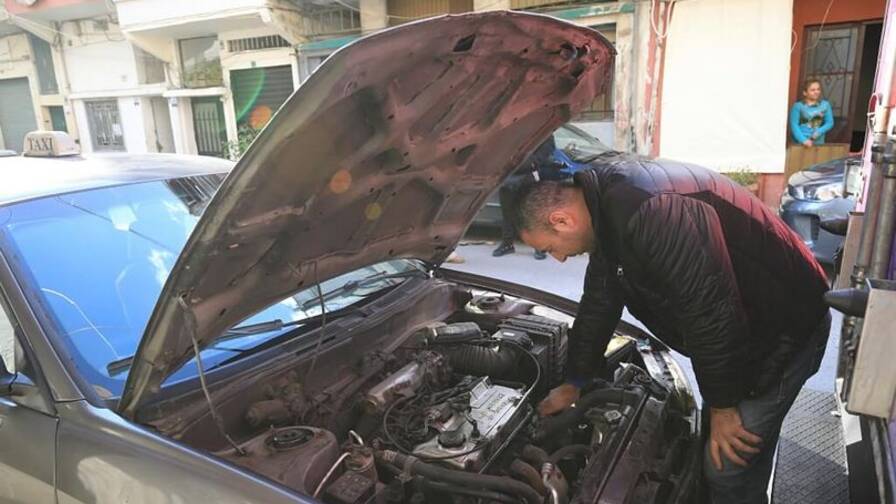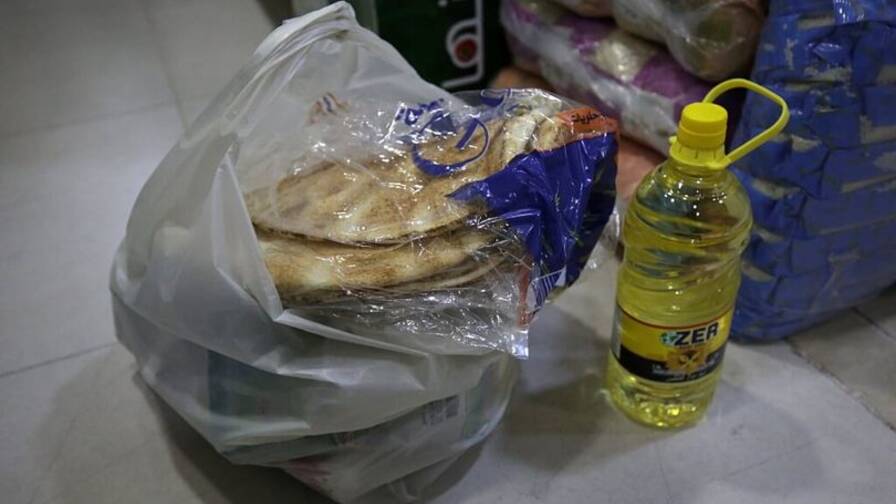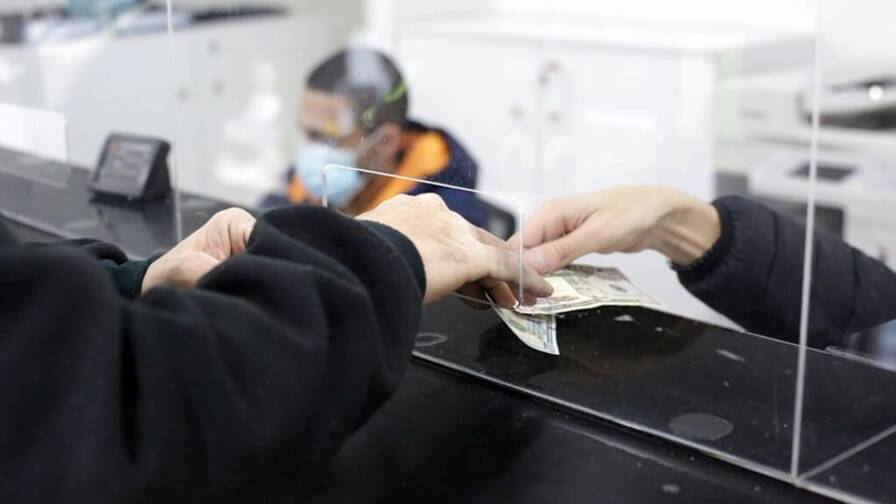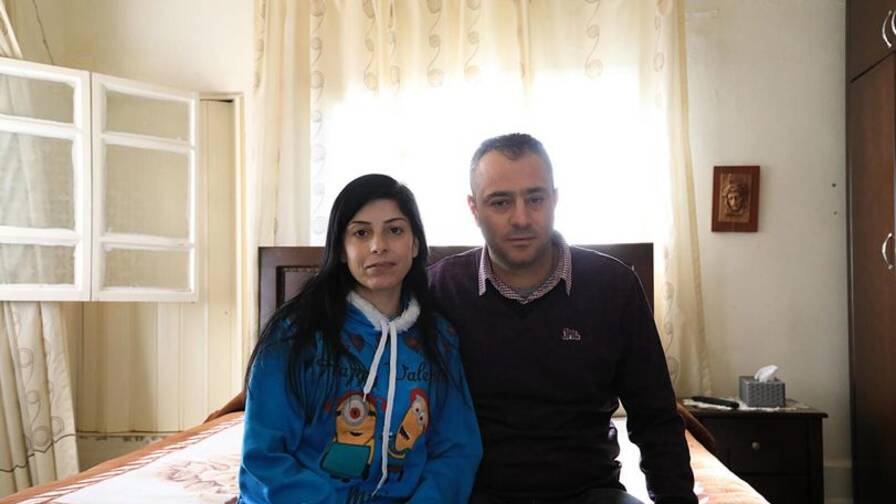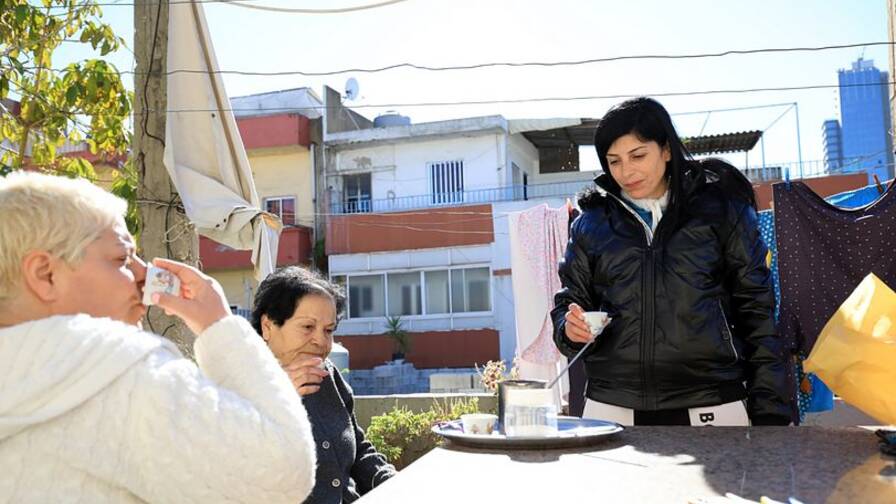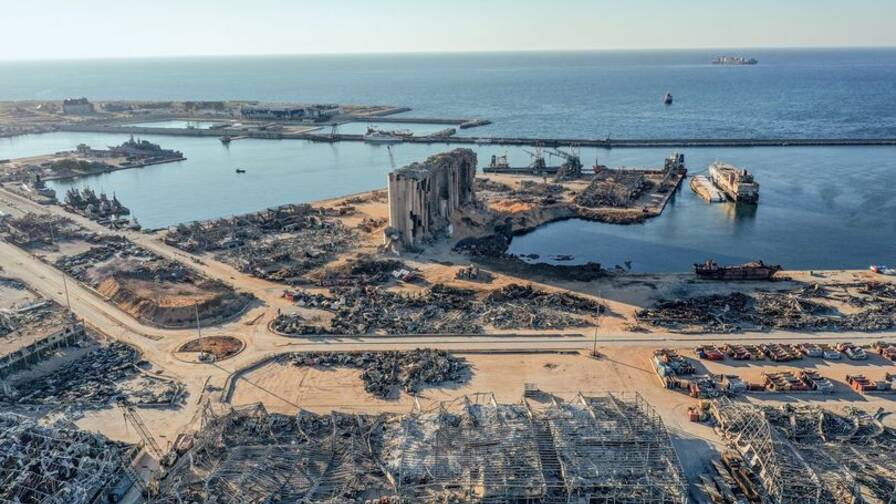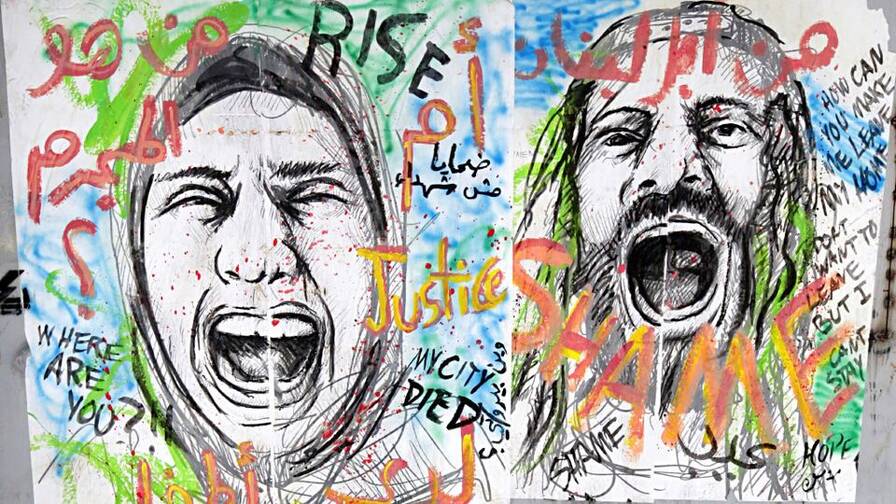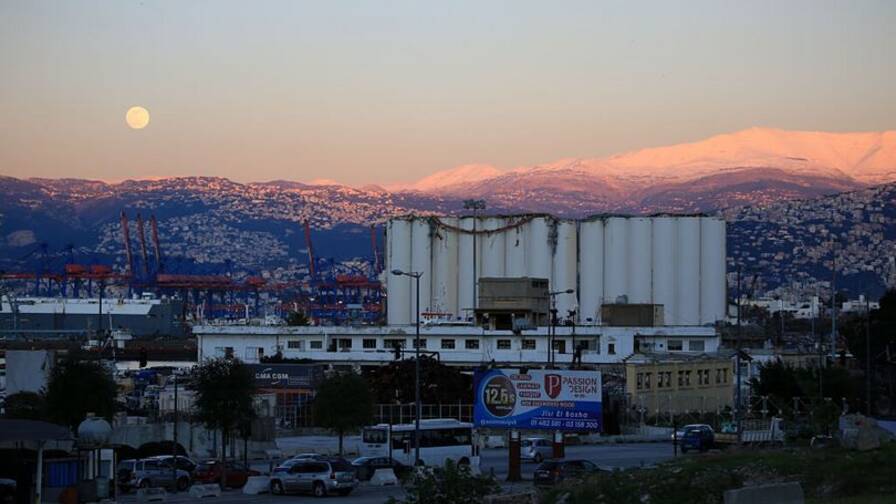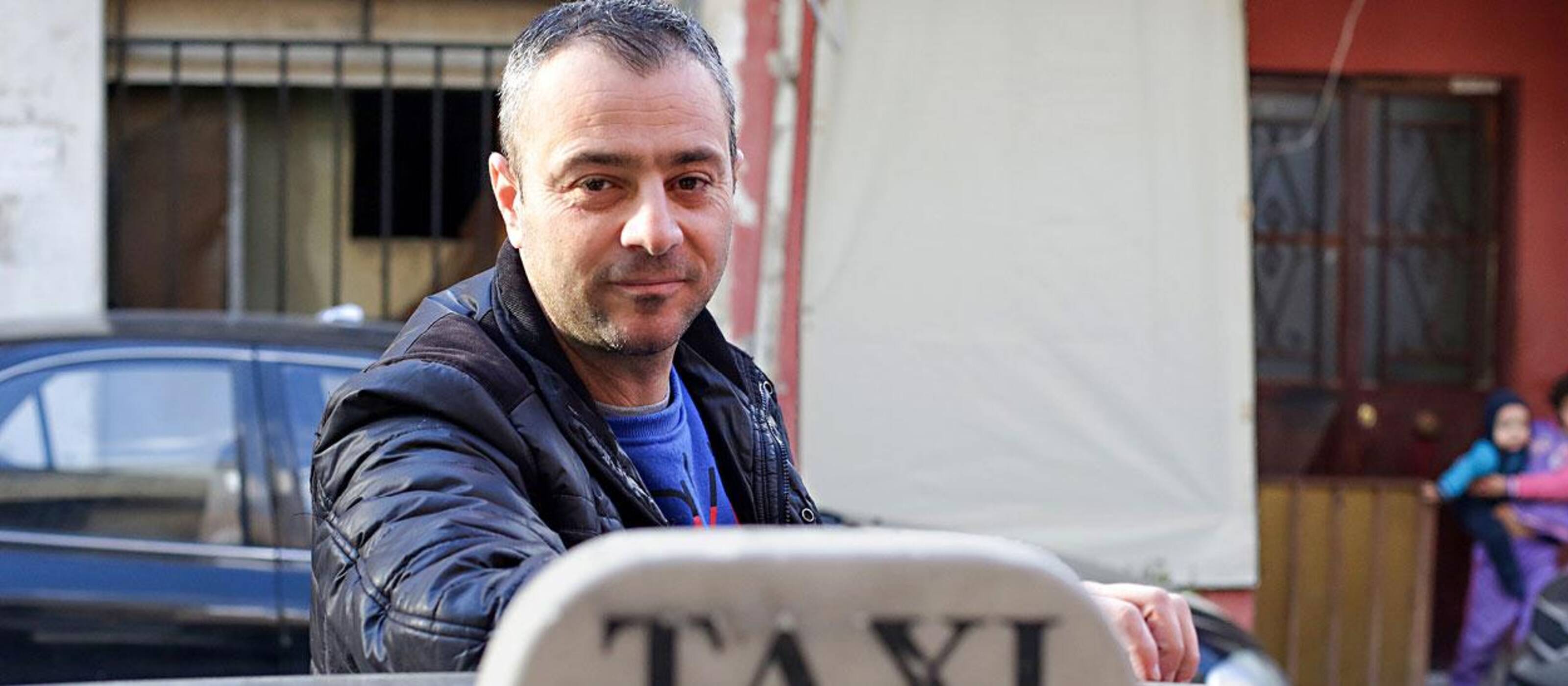

Youssef Ghanem (43) from Lebanon
Suddenly everything costs ten times more
There are days when Youssef Ghanem* doesn't know what to do. «There's not enough money at the back,» says the 43-year-old family man from Beirut. «We've always lived modestly. But before, we got by.» Before: that was before the fall of 2019. Before the severe economic crisis broke out in Lebanon, inflation took hold and prices rose immeasurably. Now, within a very short time, the Ghanem family has been sucked into the vortex of poverty. That's because everything - from sacks of rice to medicine to gasoline - costs 10 times more on average. «Even vegetables have become insanely expensive.»
Youssef's income as a cab driver is worth nothing. Given the cost of gasoline, his work, on which the family of six lives, is barely profitable anyway. And not only that: Youssef also has fewer and fewer customers. «Because people can no longer afford cabs, they are switching to ride-sharing services. Or they walk,» he explains. «Sometimes I pick up passengers even though they can't pay enough. I can't afford to lose the few remaining customers as well.»
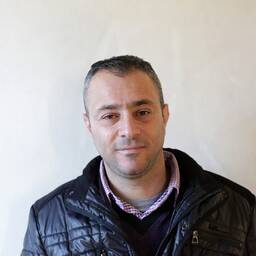
«My worries are not about me. They are for my children. All I want is for them to have a future.»
The daily calculations
How do we survive today? Every day, the arithmetic begins anew. A balanced diet is no longer possible. Youssef is also very worried about the vital medication for his sick mother. And the school fees: Last year, there were no grades for the two children because the parents could not pay the fees. If this continues, Youssef's sons Gilles and Michel will not graduate. Yet the two are still lucky: Their school lessons usually take place. However, many schools remain closed time and again - because of the Corona pandemic, or because the teachers are on strike. After all, they barely earn enough to feed their own children.
Even electricity has become an expensive commodity
The Ghanem family lives in a bare apartment in a suburb of Beirut. «When we want to take a shower, I heat a pot of water on the gas stove,» says Youssef's wife Suzanne. They rarely have hot water. Since the country is heading for bankruptcy, the lights and heating in Lebanon have been going out more and more often.
Today, anyone who has electricity from the public grid for two hours a day is lucky. The state can no longer afford to import the fuel it needs to run the electricity plants. Like most families, the Ghanem family buys electricity from private suppliers at horrendous prices - if they can afford it.
Buy the bare necessities
Youssef's family is desperately looking for ways to cover their basic needs. They sell belongings that still have some value. Like her grandmother's gold ring, a last heirloom. «And you try to help each other, sometimes here, sometimes there,» Youssef says. Among extended family, among friends. But everyone is struggling. «We have to turn to aid organizations for lentils, a bag of rice or other food.»
For several months, the Ghanem family received cash aid from Caritas and supported by Swiss Solidarity. It is disbursed in the strong currency, the dollar. «We were able to buy food and clothes for the children,» Youssef says with relief. And: A part of the school fees is secured for this year. That is particularly important to the father. «My worries are not about me. They are for my children. All I want is for them to have a future.»
About Youssef Ghanem*, 43 years old
*All names changed to protect individuals
Youssef earns around 3.3 million Lebanese pounds a month. At the exchange rate of October 2021, that's about $160. The medicines that Youssef's mother needs per month alone swallow up about a third of that.
Bourj Hammoud, a suburb in the east of Beirut. A poorer but very busy city with a large migrant population.
Alternativen
Youssef did not finish school. He has been working as a cab driver for four years; before that, he was a courier driver and delivery man for a long time. Suzanne also left school without a diploma: Since her parents divorced early, she had to look after her siblings.
Help in a country that is falling apart
Crisis after crisis has befallen Lebanon in recent years. The small country has to integrate 1.5 million Syrian refugees into the labor and housing market. A severe financial and political crisis was followed by the Corona pandemic. And in the summer of 2020, an explosion in the port shook the city of Beirut. The country is disintegrating. Today, more than three quarters of the population live in poverty, like the Ghanem family, and 40 percent have no work.
Every franc that is donated can be used by Caritas to help needy Lebanese and Syrian refugees in Lebanon survive and build prospects for themselves in the medium term despite the severe crisis.
Further information
Header image: © Ghislaine Heger
